The Nobel Prize is an international award given each year to recognize individuals or institutions that have carried out remarkable research, discoveries, or human contributions.
It is important to note that the awards were instituted in 1895 as part of the last will of Alfred Nobel, a Swedish industrialist. The prizes began to be awarded in 1901 in Physics, Chemistry, Physiology or Medicine, Literature, and Peace.
However, these international prizes have created controversy. We must clarify that the controversy is in the Nobel Peace Prize laureates.
The prize
The International Committee for Historical Sciences created 2015 the International Prize for Historical Sciences.
The Royal Swedish Academy of Sciences is responsible for naming the winners of the Nobel Prizes in Physics and Chemistry. On the other hand, the Nobel Assembly of the Karolinska Institute chooses the winner for Medicine, and the Swedish Academy names the winner of the Nobel Prize for Literature.
All are awarded at a ceremony held every December 10 in Stockholm, Sweden. The Nobel Peace Prize, on the other hand, is chosen by the Norwegian Nobel Committee and is awarded in the city of Oslo.
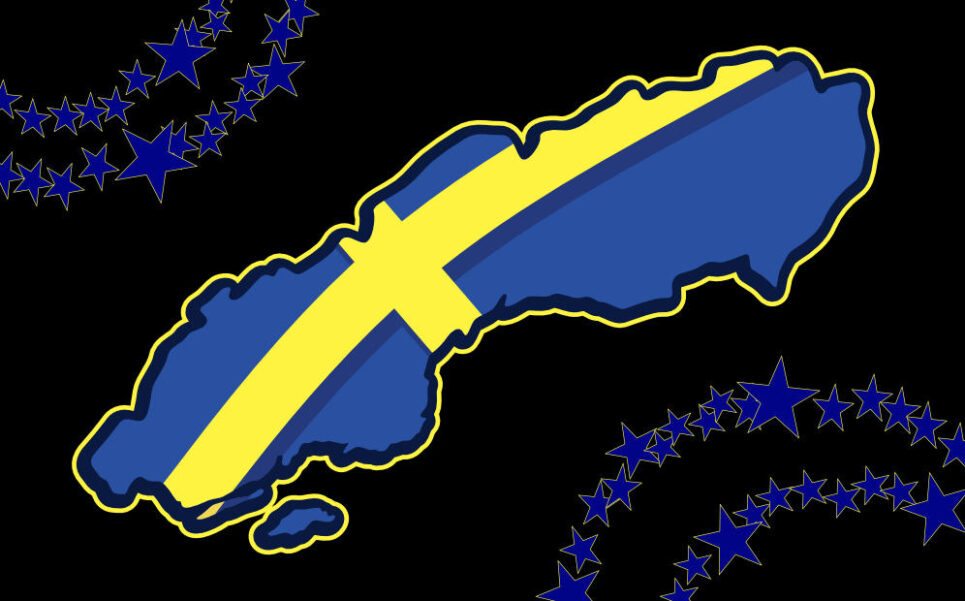
The prizes are awarded annually. Each laureate receives a gold medal, a diploma, and a sum of money.
From 1968 onwards, the Bank of Sweden Prize in Economic Sciences in Memory of Alfred Nobel, administered by the Royal Swedish Academy of Sciences, was also established, which is commonly and erroneously called the “Nobel Prize in Economics”, without being a Nobel Prize.
An important task is that the Nobel Foundation ensures the international promotion of the prizes and oversees the informal administration related to the prizes. Let us be clear, the Foundation is not involved in the selection process of the laureates.
In this specific case, we are interested in the NOBEL PEACE prize. As we know, it is one of the five Nobel Prizes awarded.
This prize is the only one awarded in Oslo (Norway).
Due to its political nature, the prize has been subject to different controversies throughout its history.
Since it was first awarded in 1901, the awarding of the Nobel Prize has generated criticism, conflicting opinions, and controversy.
It should be noted that controversies about the Nobel Peace Prize often go beyond the academic community.
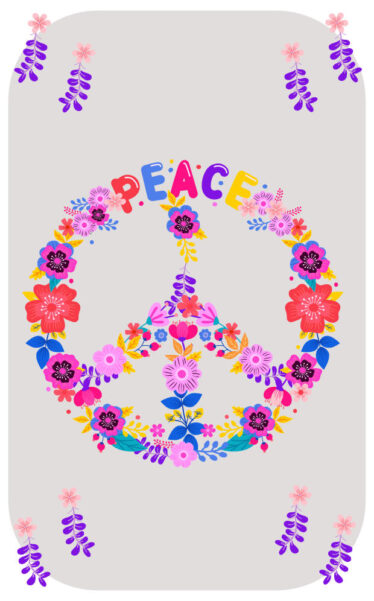
Among the criticisms that have been leveled against some of the prizes are accusations that they were politically motivated, premature, or guided by an erroneous definition of what constitutes peace work.
Of the controversies there are several examples, some of which are:
1. On October 7, 2016, the Nobel Peace Prize was awarded to Colombian President Juan Manuel Santos for his efforts in working with the Revolutionary Armed Forces of Colombia (FARC) guerrilla group to end more than 50 years of Colombian civil war. The award was noted as premature as it was conferred five days after the nation narrowly rejected his peace plan in Colombia’s 2016 peace deal referendum.
2. The 2010 prize was awarded to Liu Xiaobo “for his long and nonviolent struggle for fundamental human rights in China.” Liu was imprisoned at the time of the award and neither he nor his family was able to attend the ceremony. The Chinese government claimed that Liu did not promote “international friendship, disarmament, and peace meetings,” the stated purpose of the award. The award sparked a diplomatic row between Norway and China.
3. The 1973 award went to North Vietnamese Communist leader Lê Đức Thọ and U.S. Secretary of State Henry A. Kissinger “for the 1973 Paris Peace Accords aimed at achieving a cease-fire in the Vietnam War and the withdrawal of U.S. forces.” Thọ subsequently declined the award, claiming that such “bourgeois sentimentality” was not for him and that the Paris Peace Accords were not fully implemented.
4. The 1935 prize was awarded retroactively a year later to Carl von Ossietzky, a German pacifist who had been convicted of high treason and espionage. The reason for these charges was that he wrote an article denouncing the secret rearmament taking place in Germany contrary to the Versailles Treaty. Ossietzky was sent to the Esterwegen concentration camp and accepted the award by letter but was prevented from traveling to Oslo.
The controversy
This year, the Nobel Peace Prize honored a trio of civil society representatives from Ukraine, Russia, and Belarus. They are three of the main actors in the Ukrainian conflict. This is a highly symbolic choice in favor of ‘peaceful coexistence.
The award was attributed to the imprisoned Belarusian activist Ales Bialiatski, the Russian NGO Memorial (whose dissolution was ordered by the Russian authorities), and the Center for Civil Liberties of Ukraine.
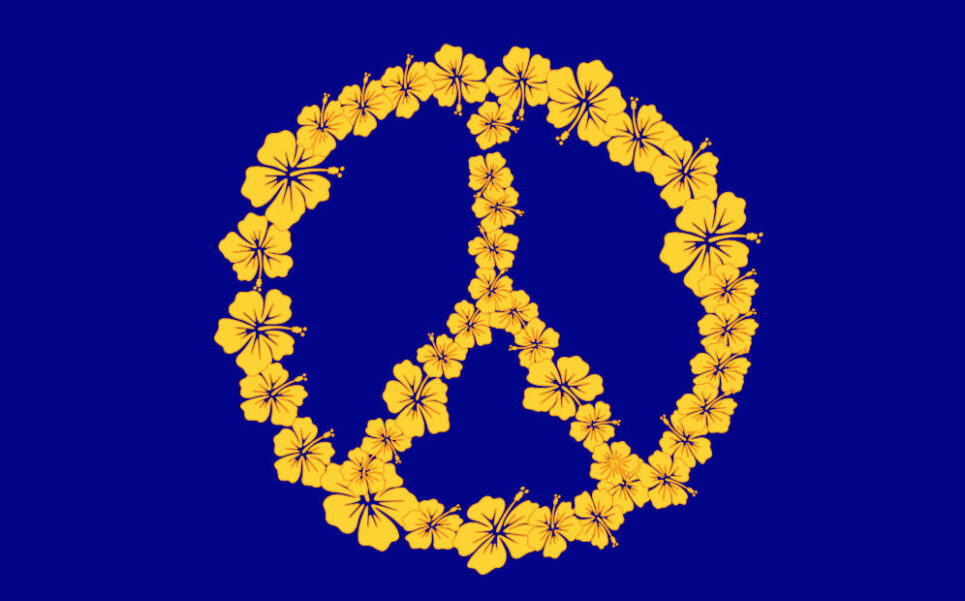
As expected by experts, the Nobel Committee wanted to send a message about the war in Ukraine. However, its members avoided directly criticizing Russian President Vladimir Putin.
The Nobel Committee’s decision to recognize vulnerable human rights defenders this year has been applauded around the world, marking a setback for the rights of human rights defenders worldwide.
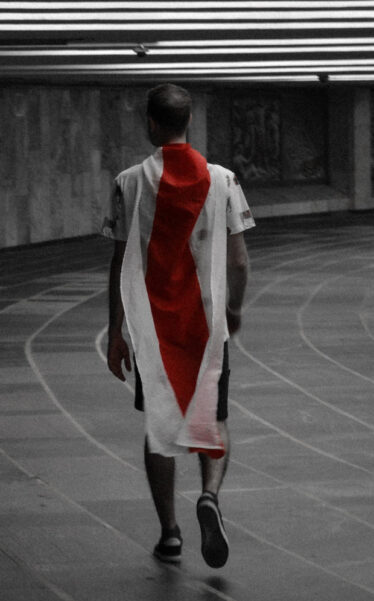
The annual report released by the United Nations states that between May 1, 2021, and April 30, 2022, individuals in 42 countries around the world faced serious consequences for defending human rights, highlighting several troubling trends over the past year.
According to the report, the victims were mainly human rights defenders and journalists who suffered reprisals and intimidation by state and non-state actors. It also shows that the victims were extrajudicially detained, unlawfully killed, subjected to restrictive legislation, and monitored both online and offline.
Turning this year’s award, will give Ales Bialiatski and the two human rights organizations greater international visibility, and inspire a new generation of activists to champion the cause of human rights.
At the same time, the worldwide acceptance of the Nobel Committee’s decision this year will enhance the credibility of the Nobel Peace Prize.
Hostile reactions
The reaction of both governments was not long in coming. In Moscow, the Kremlin immediately activated the courts to initiate a process of requisitioning the offices of Memorial, the NGO that fights for human rights in that nation and that had already been attacked in the past by Vladimir Putin’s government.
Likewise, the Nobel Committee urged the government of that country to release him so that he could attend the award ceremony, to be held on December 10 in Oslo. However, they admitted that their expectations were “unrealistic”.
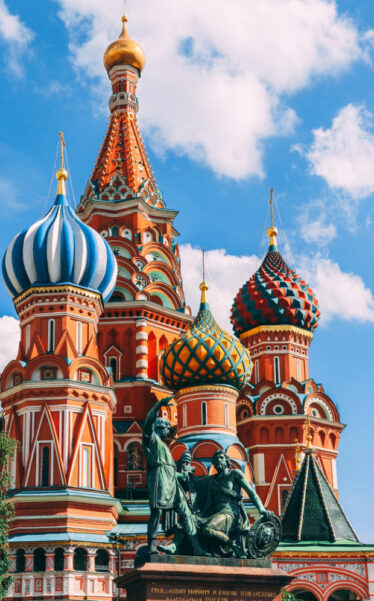
But what makes the award suspicious is that the Peace Prize committee chose laureates from Russia, Belarus, and Ukraine at a time when Russia is embroiled in a war with Ukraine.
Memorial has been fighting for human rights in Russia even before Putin came to power in 2000. Memorial could have been chosen for the award before the Ukrainian war. But the peace committee did not.
Similarly, Lukashenko has been ruling Belarus with little respect for human rights since he came to power in 1992, and Bialiatski has been fighting for democratic rights since the late 1980s. So, one could argue that Bialiatski is long overdue for the prize.
The irony of the Nobel Peace Prize
Perhaps the greatest controversy of the Nobel Peace Prize is the irony of the award. Alfred Nobel, the man behind the prize, contributed to the war.
We know that Nobel is credited with inventing dynamite and for dedicating his life to the advancement of weapons technologies, such as rockets, cannons, and progressive gunpowder (a slow-burning explosive).
Nobel used dynamite for construction purposes, such as blasting tunnels and bridge foundations.
Concluding
Typically, civil liberties groups fight for the rights of individuals against their government. This does not seem to be the case with the Ukrainian Civil Liberties Center.
So let’s digress to get more clarity on this.
The American Civil Liberties Union (AUCL) has fought valiantly against the U.S. government for violating the human rights of prisoners in Guantanamo Bay prison. But the Nobel Peace Prize committee never chose AUCL for the award.
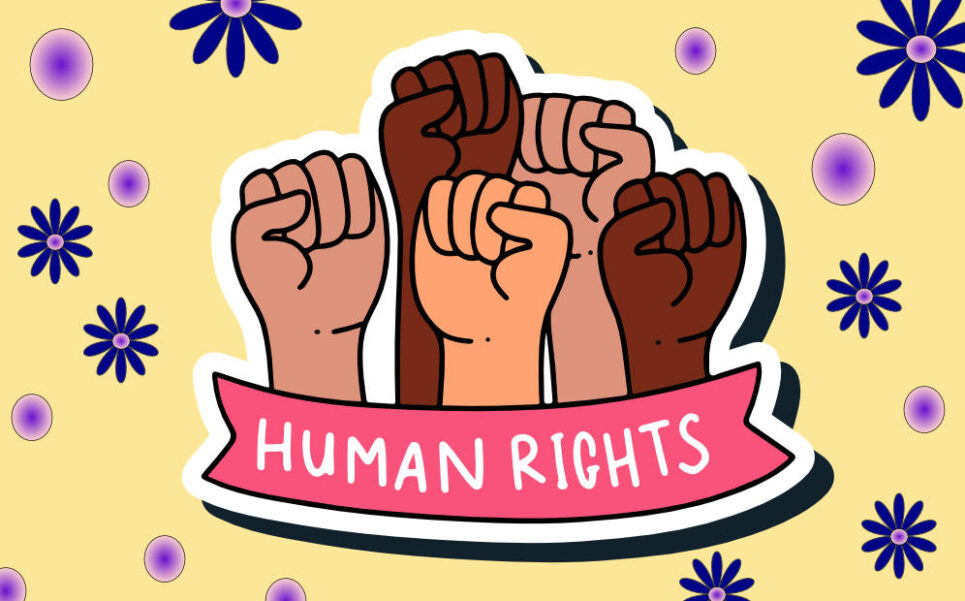
And this is what makes this year’s Nobel Peace Prize suspect.
It is worth analyzing why the Nobel Peace Prize often attracts controversy. The main reason for the controversy could be that most of the time many of the nominees for the prize have been contemporary and highly controversial political and social actors. It is not often that Nobel laureates are chosen unanimously at a global level.


